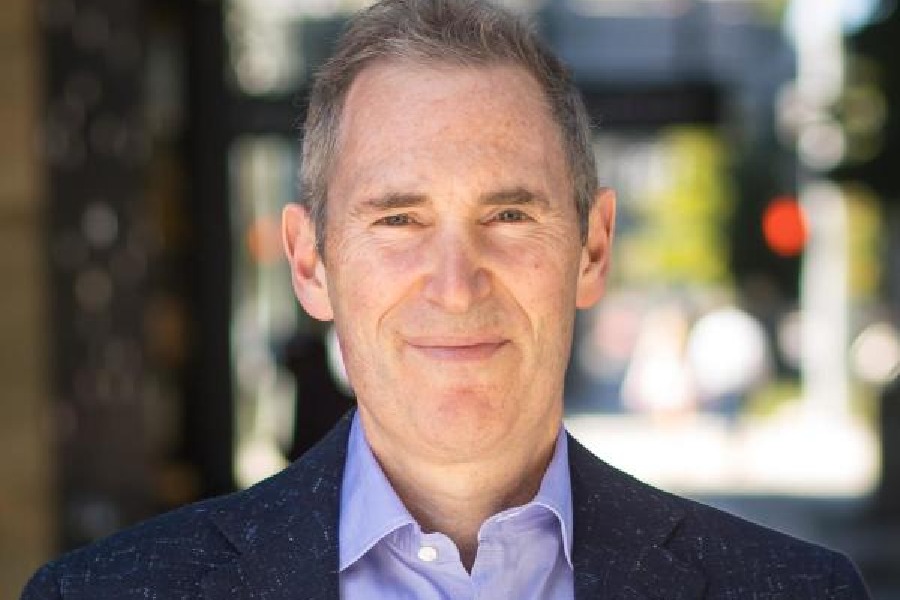Amazon has become the first of the Big Tech companies asking workers to return to office five days a week starting in January.
In a message posted on the company’s website, CEO Andy Jassy said the company believes there are “significant” advantages to having employees in the office full-time. The shake-up is a result of requiring multiple approvals and unnecessary meetings to complete tasks across the large company.
“It’s created artefacts that we’d like to change (for example, pre-meetings for the pre-meetings for the decision meetings, a longer line of managers feeling like they need to review a topic before it moves forward, owners of initiatives feeling less like they should make recommendations because the decision will be made elsewhere, and so on),” Jassy said.
Many companies that are following hybrid attendance are dealing with the concept of “coffee badging” where an employee badges into office only to stay long enough to grab a coffee and maybe attend a meeting before heading home.
Like other companies, Amazon allowed employees to work from home because of the pandemic and since May 1, 2023, the company has required its staff to be in the office three days a week.
Tech companies like SAP, AT&T and Dell have also taken a hard look at its flexible policies. Pandemic darling Zoom has also called people back to the office part time.
According to Survey of Working Arrangements and Attitudes conducted by WFH Research, a group of researchers from the University of Chicago, MIT, Stanford University and Instituto Tecnologico Autonomo de Mexico, around 41 per cent of people were learning on hybrid arrangements as of September 1.
In August, former Google CEO Eric Schmidt, while addressing students at Stanford University, said: “Google decided that work-life balance and going home early and working from home was more important than winning. And the reason start-ups work is because people work like hell.” When criticised, he issued an apology saying that he “misspoke”.
Other corporate leaders who have complained about work-from-home policies include JPMorgan Chase CEO Jamie Dimon and Tesla CEO Elon Musk. The owner of X (formerly Twitter) has said workers need “a minimum of 40 hours in the office per week”. He posted on X: “I think that the whole notion of work from home is a bit like the fake Marie Antoinette quote, ‘Let them eat cake.’ It’s not just a productivity thing. I think it’s morally wrong.”
The Amazon CEO said there will be exceptions to the new rule, like when there is an emergency at home or if employees need to work in an isolated environment.
At the moment, other Big Tech companies, like Microsoft, Google, Meta and Apple expect employees to work in the office two or three days a week.
Rob Sadow, CEO of Flex Index, a software firm that tracks return-to-office efforts, said that other major tech companies now may rethink their work-from-home policy and there could be a trickle down effect on smaller companies that look up to tech giants.
In Britain, secretary of state for business and trade Jonathan Reynolds said this week that working from home boosts productivity and has criticised the Conservative Party for “declaring war on people working from home”. He told The Times, London: “The pledge of the Labour government is not just that we get the economy growing, it’s that we get it growing in a way that everyone benefits from.”










